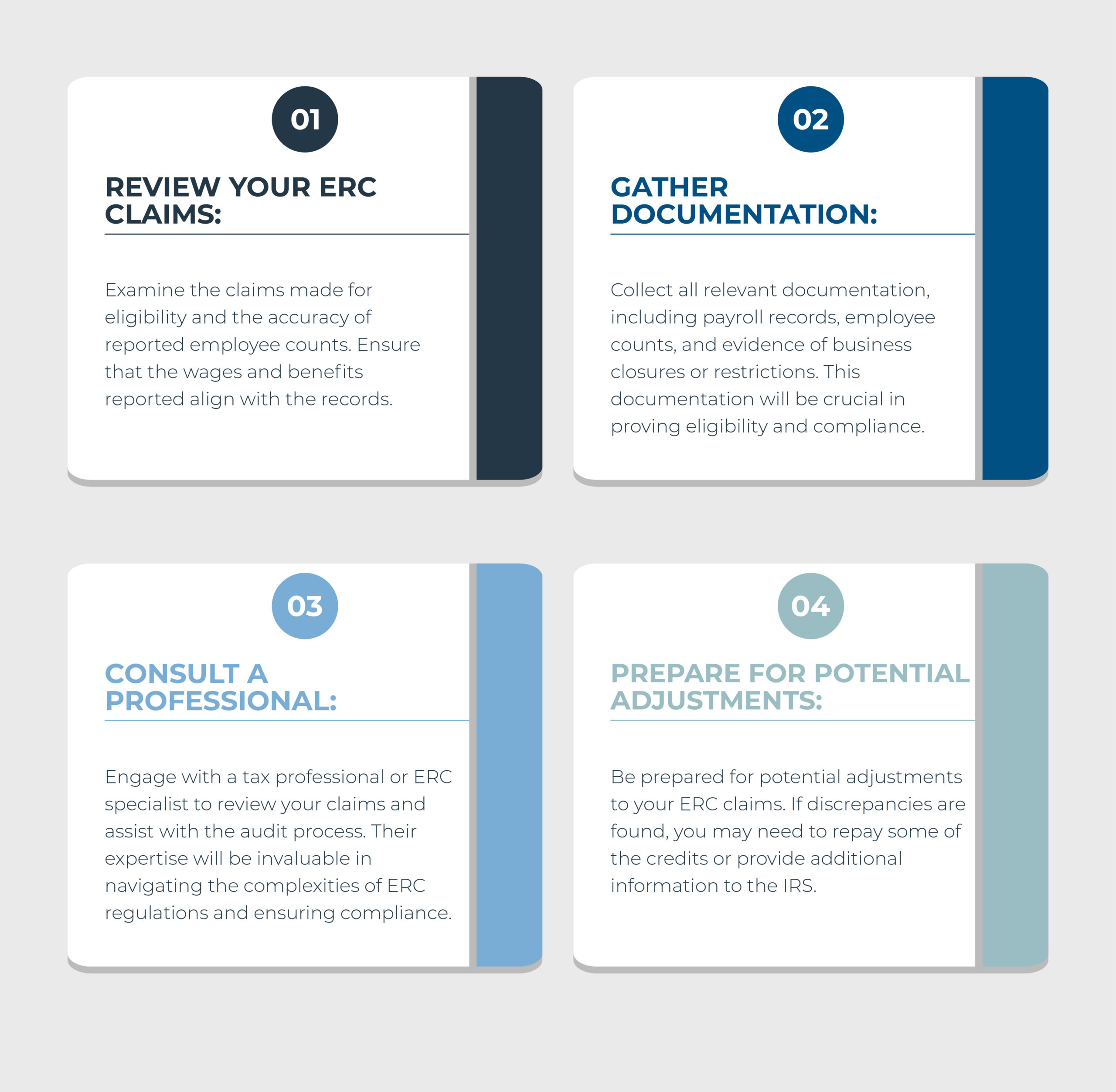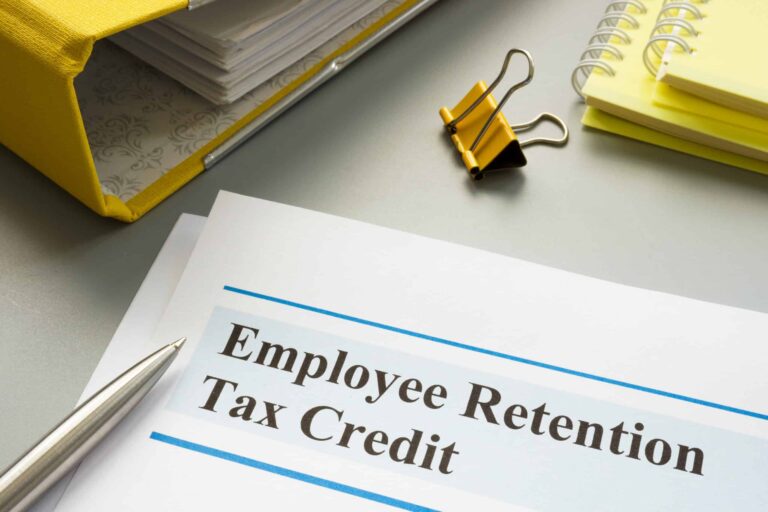October 1, 2024
Tomika Bullet
Principal, Tax Controversy
Atlanta, GA

Related Services
Related Industries
Related Articles
< Back to Resource Center
ERC Voluntary Disclosure and Potential Audits for Restaurants
In a significant development for the restaurant industry, the Internal Revenue Service (IRS) has recently reopened the window for voluntary disclosure under the Employee Retention Credit (ERC) program. This move could have far-reaching implications for restaurants, which were heavily impacted by pandemic-related closures and restrictions. If your restaurant has concerns about ERC funds previously received, now is the time to understand how this update could benefit you, especially in light of potential audits and eligibility criteria concerns.
Understanding ERC and Its Impact on Restaurants
As part of the Coronavirus Aid, Relief, and Economic Security (CARES) Act, the ERC was designed to help businesses retain employees during the COVID-19 pandemic. The program offered substantial tax credits to eligible businesses, including many restaurants, to cover wages and benefits for employees. Restaurants were significant beneficiaries of the ERC due to dine-in closures and limitations, receiving substantial funds to help weather the economic downturn, since many restaurants were forced to close as a result of the pandemic.
However, with the recent reopening of the ERC Voluntary Disclosure Program, restaurants now have a chance to address any discrepancies or errors in their ERC claims. This move could be particularly relevant for restaurants that were misled by aggressive promoters, subsequently discovered an error impacting eligibility or deemed a large employer and all employees provided services for their wages. Restaurants who are concerned about their ERC claim eligibility and have not received any notice of an audit from the IRS can get ahead by participating in the disclosure program – this is important because once you receive notice of an audit, you are then unable to take advantage of the disclosure program.
Impact of In-Store Dining Restrictions and State Variations
The pandemic led to a patchwork of state and local regulations that heavily influenced the operational capacity of restaurants across the United States. These restrictions varied significantly from state to state, with some regions imposing more stringent measures than others. This variability in restrictions not only affected the revenue streams of restaurants but also had a substantial impact on their eligibility for the ERC.
The fluctuating nature of dining restrictions meant that restaurants were forced to continuously adjust their staffing levels – the good news is that any restaurant that reduced its workforce in response to prolonged closures and dining restrictions would likely still have been eligible to claim the ERC credit. On the other hand, a restaurant that adapted by increasing its takeout or delivery operations might have been able to maintain or even grow its workforce in certain circumstances, yet still likely be eligible for the ERC credit if they did not exceed the threshold for total full-time employees.
Eligibility Considerations for Part-Time vs. Full-Time Employees
A key aspect of ERC eligibility is the distinction between full-time and part-time employees. Many restaurants, especially fast-food establishments, employ a significant number of part-time workers. However, ERC eligibility is based on the number of full-time employees, so restaurants should not be so quick to give up their ERC refund if their total employee count exceeds the 100- or 500- criteria without a hard look at the number of employees excluding part-time employees. For 2020, the threshold was 100 full-time employees, and for 2021, it was 500. Understanding how these thresholds apply to your staff composition is crucial.
Restaurants with a low number of full-time employees but a large number of part-time employees might still be eligible for ERC benefits. It’s important to evaluate both full-time and part-time employees to determine eligibility correctly.
What Restaurants Need to Know About ERC Audits
The reopening of ERC voluntary disclosure also presents an opportunity for restaurants to rectify any issues with their ERC claims before an audit is initiated. If, however, you have already received a notification for ERC claim disallowance or audit notification, here’s what your restaurant should do:

Windham Brannon Can Help with ERC for Restaurants
The reopening of ERC voluntary disclosure is a critical opportunity for restaurants to review and, if necessary, correct their ERC claims. Given the substantial impact of the pandemic on the restaurant industry and the complex eligibility criteria, ensuring compliance and addressing any potential issues proactively is essential. Windham Brannon’s professionals are well-versed in helping restaurants understand their ERC eligibility and potentially take advantage of the ERC voluntary disclosure. If the disclosure program is unavailable to you because you are being audited for ERC, we can help you prepare and navigate the audit process confidently and effectively.
For more information, or questions about your restaurant’s ERC claim, contact Tomika Bullet and Maggie Wise.


